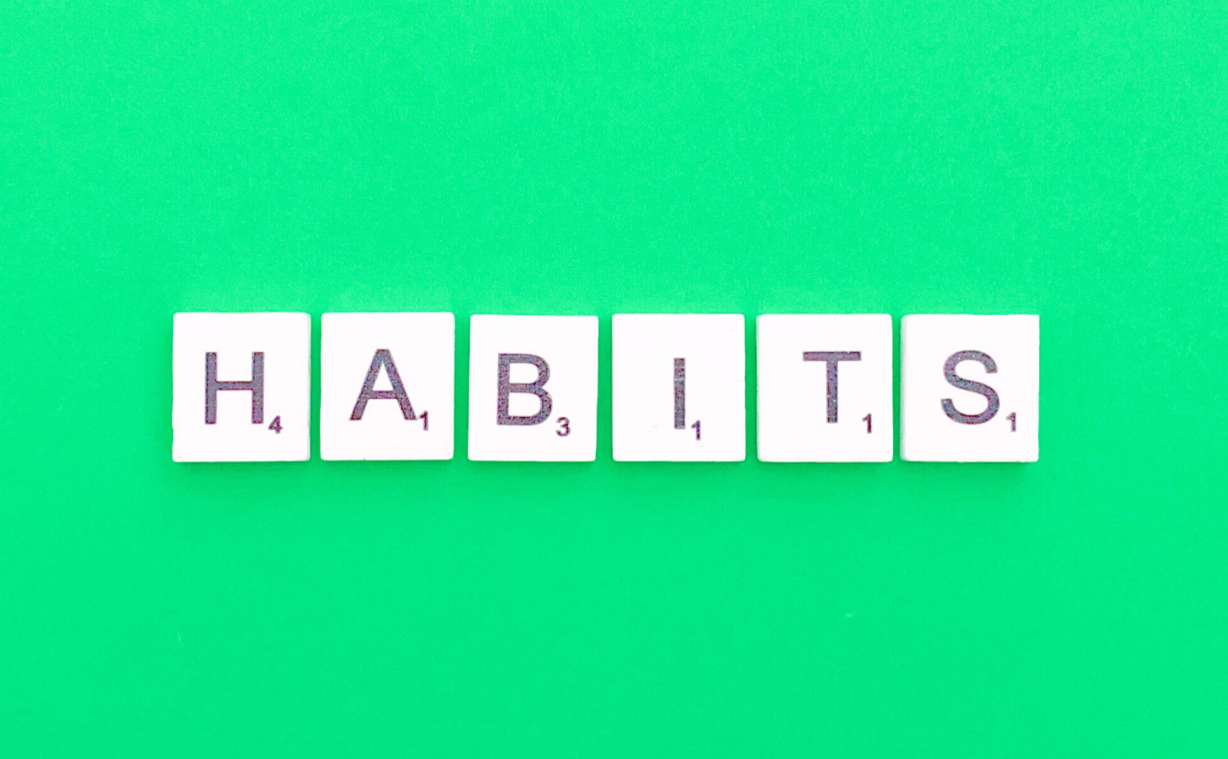Introduction
Habits shape our lives far more than we probably realize. They are the small decisions you make and actions you perform every day. According to researchers at Duke University, habits account for about 40% of our behaviors on any given day. Understanding how to build new habits (and how your current ones affect your life) is essential for making progress in your personal development. This article explores the critical role habits play in personal development and provides practical tips on building positive routines that foster growth and improvement.
What are Habits?
Habits are the routines of behavior that are repeated regularly and tend to occur subconsciously. They are automatic responses to specific situations, which can be anything from brushing your teeth in the morning to checking social media during lunch breaks. Habits can be categorized into good habits, which have beneficial outcomes, and bad habits, which have undesirable outcomes.
The Importance of Habits in Personal Development
Habits are foundational to personal development because they help dictate our daily actions. The quality of our lives is not determined by a handful of significant decisions but by the sum of countless small decisions and actions we take every day. Positive habits push us towards success, while negative habits hold us back.
1. Efficiency
Habits make our lives more efficient by freeing up our brains to focus on more complex tasks. When behaviors become automatic, we no longer need to spend mental energy on routine tasks. This efficiency allows us to focus on learning new skills, solving complex problems, and making informed decisions.
2. Consistency
Personal growth requires consistency. Habits ensure that we are consistently performing actions that align with our personal and professional goals. Regularity in our routines enhances our ability to achieve long-term objectives and reduces the likelihood of regression.
3. Identity Reinforcement
Every action you take is a vote for the type of person you wish to become. Habits help mold our identity and reinforce who we are becoming. If you consistently write every day, you are voting for an identity as a writer. Habits build our self-image and influence how we perceive ourselves and how others perceive us.
Building Positive Habits
The process of building new habits can be daunting, especially if you’re trying to change behaviors that you’ve been practicing for years. However, with the right approach, anyone can form new, positive habits that stick.
Step 1: Start Small
When trying to develop a new habit, it’s crucial to start small. Choose a habit that is so easy you can’t say no to it. For instance, if you want to start exercising, commit to doing one push-up a day. Once this becomes a part of your daily routine, you can gradually increase the challenge.
Step 2: Increase Gradually
The most sustainable way to form lasting habits is to focus on small, incremental changes. Once you’ve established a basic level of consistency with your new habit, increase the complexity gradually. If you started with one push-up a day, increase it to three, then five, and continue to build from there.
Step 3: Anchor Your Habits
An effective strategy for building new habits is to anchor them to established routines. Choose a trigger—a regular part of your routine that will act as a reminder to perform your new habit. For example, if you want to develop the habit of reading before bed, make it a routine to read a single page of a book right after you brush your teeth.
Step 4: Make It Satisfying
We are more likely to repeat a behavior when it’s enjoyable. Make your habits satisfying by rewarding yourself after completing them. If your new habit is jogging, allow yourself a few minutes of relaxing music after each run. The immediate reward will help reinforce the behavior.
Step 5: Track Your Progress
Keeping a habit tracker is a powerful way to maintain motivation. Each day you complete your habit, mark it off in your tracker. Tracking your progress visually allows you to see the days you succeeded, which serves as a form of positive reinforcement and motivates you to keep going.
Step 6: Be Patient and Persistent
Habit formation is not a linear process; there will be ups and downs. The key to long-term change is persistence. Don’t get discouraged by setbacks. Missing one day does not ruin your progress. Stay patient and keep at it.
Conclusion
Habits are the invisible architecture of daily life, and a significant portion of your happiness, health, and productivity rests on the quality of your habits. By understanding the importance of habits in personal development and using the strategies outlined to cultivate beneficial routines, you can significantly enhance the quality of your life. Start small, be consistent, and gradually build on your successes. Over time, these small changes will lead to transformative results.







